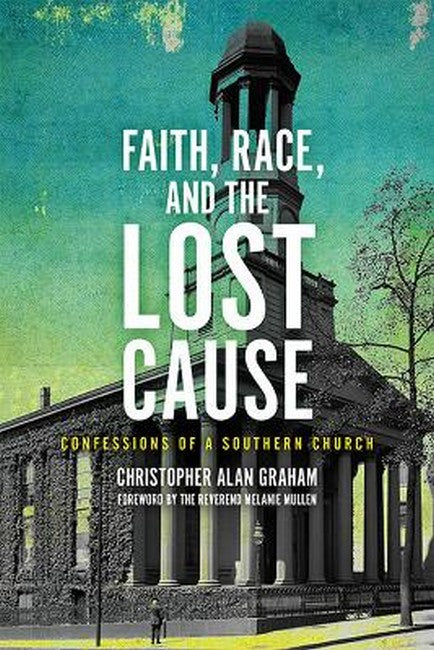Christopher Alan Graham is a historian and museum curator in Richmond, Va.
Request Academic Copy
Please copy the ISBN for submitting review copy form
Description
Graham traces the history of a single congregation . . . [but] also the story of an evolving South, as well as of white Christians' attempts to adapt to changing racial and social landscapes. -- "The Journal of Southern History" The careful historical reconstruction of a singular congregation over many generations makes this a remarkable work, with an insider's view of communal decision-making and the subtle workings of white power in the promotion of white interests . . . Graham's work reminds us that the development of white Christian supremacies did not drop from the sky but was built through the many everyday decisions of living communities in Christian institutions: just like his and just like yours. Thus, the careful research surfacing institutional memory becomes a call for reckoning in the reader's own location. Faith, Race, and the Lost Cause offers a followable road map and raises up the rewards of painstaking and collaborative archival research for those congregations willing to similarly reckon with the racism and white supremacies of American Christianity.-- "Journal of the Civil War Era" Chris Graham is doing the Lord's work and is using history in a responsible way to get it done. I've had a chance to visit St. Paul's Episcopal Church and have seen the efforts of Chris and his team as they address the congregation's strong ties to the Confederacy. Faith, Race, and the Lost Cause is not only a well-told slice of southern religious history, but it should also serve as a model for any congregation committed to confronting its racist past. I hope this book finds its way into the hands of pastors and church leaders around the country. --John Fea, Messiah University, author of Was America Founded as a Christian Nation?: A Historical Introduction Superbly researched, extremely well-written, passionately argued, and quite moving in places, Graham's is a historically judicious book, and a model of what local history should be. --Peter Eisenstadt, Author of Against the Hounds of Hell: A Life of Howard Thurman

